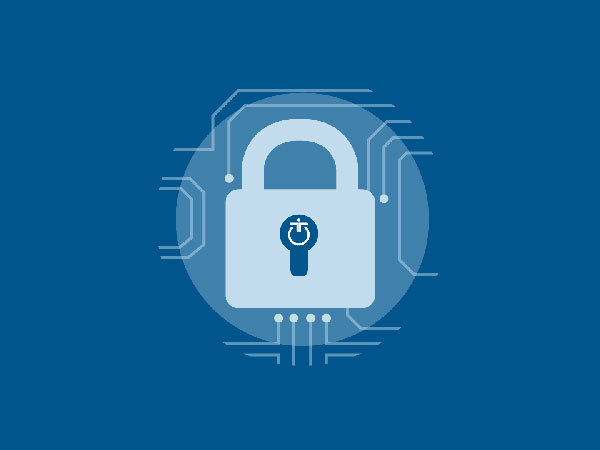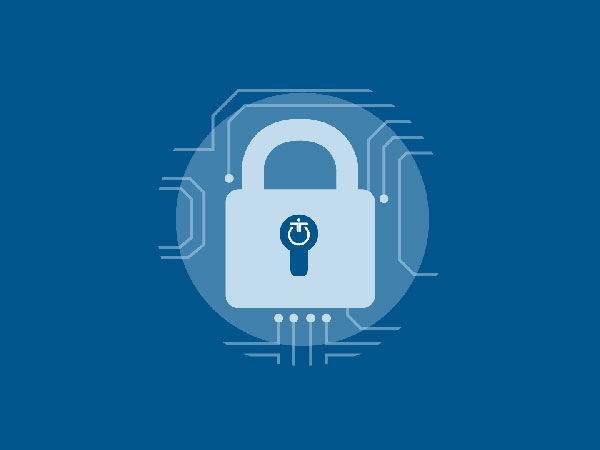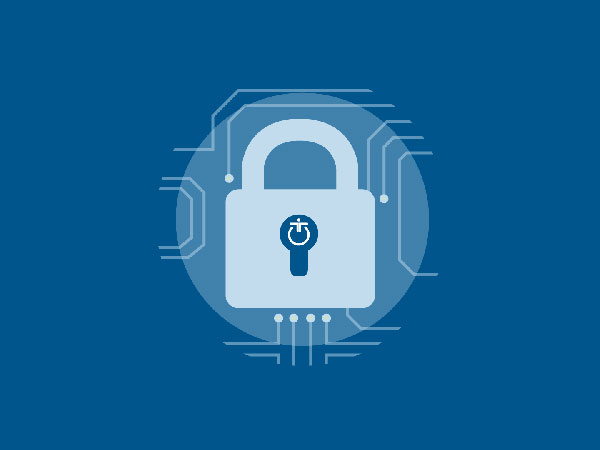After the second Bitcoin fork creating a new cryptocurrency, Bitcoin Gold (BTG), it became the victim of aDistributed Denial of Service (DDoS) attack. The DDoS attack of Bitcoin Gold caused it to go offline at a very critical moment in the new cryptocurrencies infancy.
Since that first attack,Bitcoin Gold has been the subject of further cyber attacks. This has had an impact on the digital currency’s value. It has caused less confidence in user investment after previous BTG holders lost millions of dollars.
Some think those who believe the hard fork was disruptive to the crypto-community masterminded the cyber attacks. No one will really ever know, but Bitcoin Gold was hit hard, and repetitively.
The focus should now be shifted to how cryptocurrency attacks can be prevented in the future, or at the least, not become a regular occurrence.
About Bitcoin Gold
Bitcoin Gold was created after the second Bitcoin hard fork. Like Bitcoin Cash, Bitcoin Gold was touted as the new and improved Bitcoin. The hard fork allowed Bitcoin holders to get a one-for-one coin of Bitcoin Gold. This allowed Bitcoin holders to furtherdiversify cryptocurrency portfolios.
The big difference between Bitcoin Gold and its counterparts is that it has mining allowances the others don’t. For instance, companies have monopolized Bitcoin mining, usingapplication-specific integrated circuits (ASICs). This goes against the decentralized nature of cryptocurrency.
Bitcoin Gold aims to decentralize mining once again with an algorithm ASICs can’t penetrate. It is a return to the early Bitcoin days when mining could net cryptocurrency holders extra money.
Unfortunately, the decentralization mission Bitcoin Gold was created for became the subject of much scrutiny. People in the crypto-community were unraveled over the Bitcoin Gold creators’ private mining period that reduced the digital currency’s volume. Thus the speculation that the opposition to Bitcoin Gold facilitated the cyber attacks.
Relentless cyber attacks on Bitcoin Gold
There was no shortage of cyber attacks after the Bitcoin hard fork that created Bitcoin Gold. Bitcoin Gold was created in October of 2017 and immediately suffered a DDoS cyber attack. The attack overloaded the server that caused the network to go offline.
Then in November, nearly a month later, Bitcoin Gold’s wallet,mybtgwallet, was found fraudulent. As soon as the scam was identified the wallet was removed, but an estimated $3.3 million was lost.
Yet again, a week after the fraudulent wallet scam, Bitcoin Gold needed to issue a warning that detailedsuspicious files in the network’s Windows wallet installer. Due to a potential for more user money to be lost, those who had downloaded the files were instructed to delete them immediately and remove cryptocurrency access from users’ computers.
Bitcoin Gold is not the only victim of cyber attacks and malicious attempts to steal funds. From Initial Coin Offering ICO scams to hacked exchanges, cryptocurrency has definite pitfalls in the security sector.
Is poor security to blame?
The cyber attacks have led to some serious security concerns for Bitcoin Gold and the entire crypto-community. The poor security of Bitcoin Gold made many question the digital currency’s ability to rise as a cryptocurrency contender.
Even popular exchanges like Coinbase decided to steer clear of the latest Bitcoin offering. The largest exchange in the crypto-community announced that theywouldn’t support Bitcoin Gold on their platform due to developers not making the network’s code available publicly, stating, “This is a major security risk.”
The Bitcoin Gold cyber attacks are no rarity. Various cryptocurrencies and cryptocurrency exchanges have fallen prey to hacks resulting in millions of dollars lost. For instance,CoinDash lost an estimated $7 million after web applications were found vulnerable.
ICOs are a new way to net funding via cryptocurrency. However, these have been vulnerable to scams. Just recentlyscammers posing as Seele ICO admins stole over $1.8 million. This has caused even more security ripples over the cryptocurrency network.
Improving cryptocurrency security
The Bitcoin Gold cyber attacks and the scams and hacks of other cryptocurrency platforms is definitely a call to action for improving cryptocurrency security. A few security-minded measures include:
- Server infrastructure and applications are at risk. It is essential for the entire crypto-community to view servers and applications as being at high risk. This means web applications, mobile applications, servers, and all network infrastructure needs to be audited. If Bitcoin Gold had done this, the Windows wallet installer wouldn’t have become compromised. Perpetual monitoring is also needed at the highest level. This ensures all potential cyber attacks, like a DDoS attack is identified quickly and taken care of.
- A larger social engineering focus is needed. By focusing on social engineering, the cryptocurrency community can prevent attacks and scams like fraudulent digital wallets. Website and app clones are becoming more common, costing users millions.
- Educate cryptocurrency users. Education is paramount when it comes to tighter security. In many ways, the cryptocurrency developers and the platforms that allow the buying and trading of digital currency are responsible for ensuring all users know how to avoid malicious cyber attacks. After all, a single hack can cause nearly all cryptocurrency to drop in value.
Learning from crypto-mistakes
There was a lot to learn from the Bitcoin hard fork to Bitcoin Gold. It highlighted how easy cyber attacks can happen repetitively to the largest cryptocurrency on the digital marketplace. The cyber attacks also put a bright shining light on the lack of security. By improving cryptocurrency security, the crypto-community will secure a digital market for the future. Are you concerned with current cryptocurrency security?












![Cybersecurity: the motivation behind cyber-hacks [Infographic]](https://crayondata.ai/wp-content/uploads/2022/05/varonis-hacker-motives-red-flags-and-prevention-ig-960x4826-2-1.png)






![Most common tactics used by mobile apps to snatch your data [Infographic]](https://crayondata.ai/wp-content/uploads/2022/05/social-media-1.jpg)